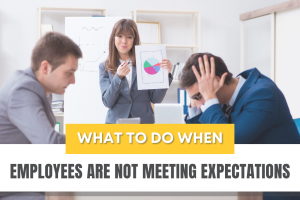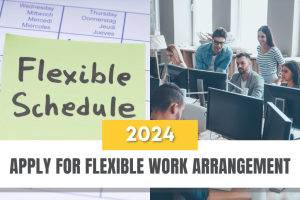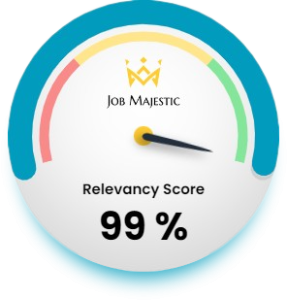Understanding the workplace can sometimes feel like navigating through a maze of unwritten rules and hidden dynamics. Psychology which is also your mindset, is a powerful but often overlooked force, plays a big role in our professional lives. This guide explores seven interesting psychological phenomena that strongly impact the workplace and some tips to overcome them.
Each phenomenon shows how our mindsets and actions connect in workplaces:

1. The Matthew Effect & Tips
This effect explains the phenomenon of ‘the rich get richer and the poor get poorer,’ is particularly relevant in career contexts. Individuals with clear career plans and goals tend to accumulate more opportunities and resources, propelling their success. Conversely, those lacking clear goals may face challenges in achieving success.
Consider these helpful tips: set clear career goals, regularly assess and adjust your plans, and actively seek opportunities aligned with your objectives.

2. The Primacy Effect
This refers to the importance of first impressions in interpersonal interactions. A positive initial impression, conveyed through appearance, communication, or a deep understanding of the company, can significantly enhance one’s competitive edge.
To ensure a strong first impression, consider these helpful tips: Dress professionally, communicate confidently, and demonstrate a solid understanding of the company culture and values.
3. The Dead Sea Effect
The Dead Sea Effect, drawing parallels between employee turnover in companies and the evaporation of water in the Dead Sea, highlights a phenomenon where talented employees often leave due to dissatisfaction with poor company policies. Conversely, less competent employees may stay, eventually advancing to middle and upper management by default.
To address this challenge, consider these helpful tips for employers: Encourage open communication, provide professional development opportunities, and foster a positive and inclusive workplace culture.

4. The 2-3-2 Resignation Law
This law identifies crucial periods when employees are most likely to resign: the second week of employment, within the first three months (probation period), and after two years of service. Recognizing these critical junctures provides an opportunity for strategic employee retention efforts.
To navigate these periods successfully, consider these helpful tips for employers: Implement effective on-boarding practices, foster a supportive environment during probation, and offer ongoing engagement and growth opportunities beyond the two-year mark.
5. Social Loafing Mindsets
This effect describes a situation where individuals working in a group exert less effort than they would when working alone. This phenomenon is often attributed to a lack of clear responsibility, leading to a ‘free rider’ mentality and reduced individual accountability.
To mitigate social loafing and promote a more productive group dynamic, employers can: Define clear roles and responsibilities, encourage open communication within the team, and establish mechanisms for individual accountability and recognition.
6. The Foot-in-the-Door Technique
This idea says it’s simpler to make someone say yes to a big request if you first ask them to agree to a smaller one. In career planning, achieving smaller goals is better for success than aiming for big, far-off goals.
To apply this principle effectively, consider these helpful tips: Break down larger career goals into smaller milestones, celebrate achievements along the way, and use incremental progress as motivation for pursuing more significant objectives.”
7. The Exposure Effect
This effect notes that people tend to develop a preference for things merely because they are familiar with them. In the workplace, increasing visibility with colleagues and superiors can create more opportunities and facilitate career growth.
Consider these helpful tips: Break down larger career goals into smaller milestones, celebrate achievements along the way, and use incremental progress as motivation for pursuing more significant objectives.

Summary
These seven psychological effects show why it’s important to plan your career well, make good first impressions, understand why employees leave, know when people are likely to quit, deal with people not putting in enough effort, set goals you can reach, and make yourself more visible at work for career progress. Each effect provides valuable insights into leveraging psychology for enhanced professional growth and a deeper understanding of how our mindset influences workplace dynamics.
![]()







